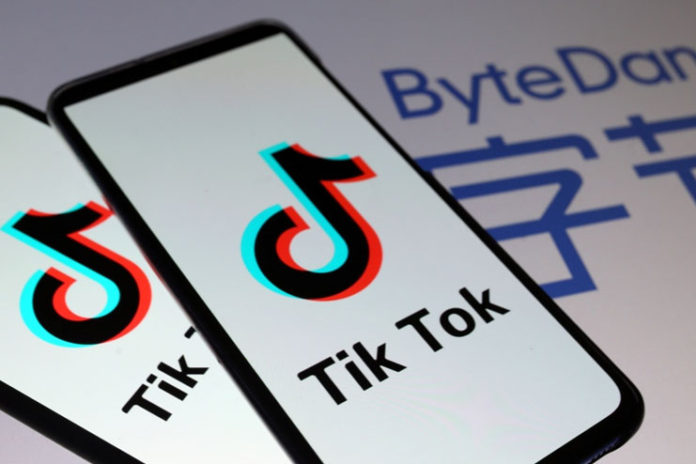On Tuesday, TikTok has suspended its operations in Hong Kong. This decision may be because TikTokof the 6 billion dollar loss to the parent company of TikTok, Byte Dance. The company is estimated to lose 6 billion dollar because of the ban of TikTok in India along with 58 other Chinese based Apps.
Hong Kong comes into this picture even though it is a semi-autonomous country is because, China recently passed the Hong Kong National security law that undermines the ‘one nation, two systems’ doctrine.
What is Hong Kong’s new security law passed by China?
In Simple words, Beijing can punish the crimes happening in Hong Kong. To understand this fully we need to understand the history of China and Hong Kong.
Hong Kong was obtained by Britain in 1898 during the opium war. Britain and China went into an agreement in which Britain was leased with Hong Kong for 99 years. In 1997 this lease came to an end and Hong Kong became a part of communist China.For the smooth transition, Hong Kong got a new and separate mini constitution which would be valid till 2047 that is, 50 years.
The mini constitution was called the Hong Kong Basic Law. Hong Kong has its own flag, own currency, and legal system completely irrelevant from China. Hong Kong is relatively free; the press of Hong Kong is not completely controlled by the Chinese Communist Party. Facebook, Twitter, Youtube apps which are not allowed In China are allowed in Hong Kong because Hong Kong has Rights of Freedom. Hong Kong is a part of China, but it’s legal and political system is independent to China. This is called One Country, two Systems. As Free speech is not allowed in China, but in Hong Kong it is. Hong Kong Security law means that the crimes that are considered in China earlier are going to be considered in Hong Kong as well and Beijing can punish these crimes. This is being called end of Hong Kong as China can have full control over the laws of Hong Kong as well.
Thus the move of TikTok to suspend its operations from Hong Kong also comes against the backdrop of what critics have termed as China’s attempt to curtail protest and freedom of speech. China is calling this new security law as the way to bring back stability in the country.
TikTok has been known for censoring content related to China and its Communist party. And now TikTok is saying that it would not comply with any requests made by the Chinese government to censor content. As the national security bill attempts to impose Chinese censorship laws in Hong Kong, TikTok might have to comply with it and private user information could be sent to mainland China. Even as there is no direct ban on apps like Facebook, Twitter in China, companies have pulled out due to China’s censorship laws and its terms and conditions that hamper user’s privacy. Notably, TikTok owned by ByteDance is still operational in the country and is known as called Douyin. Therefore, the move by TikTok becomes significant even as it will result in a loss of approximately 150,000 users.
Why did India ban TikTok?
The Ban of TikTok came as a surprise not just to the parent company ByteDance but also to the 200 million Indian users who use TikTok and many of which rely on the platform for their employment and living. The Home Ministry banned 59 Chinese Apps including TikTok. The Centre stated that it has received many complaints from various sources about the misuse of these apps for stealing and transmitting users’ data in an unauthorized manner to servers that have locations outside India. In simple words, the data of a country of any hardware application should not leave the borders of the country by law. Stealing and storing such data is not just illegal but comes with its own repercussions.
A loss of about 6 billion dollars is estimated to the parent company of TikTok which is Beijing based called ByteDance. All the 58 other apps combined did not have such a huge amount of loss from the Indian ban.
TikTok was available in India in 14 different languages. TikTok is also claiming that they have been complying to all of Indi’s polices and laws regarding the security and privacy of its users.
On the other hand China is saying that banning Chinese apps violates International trade norms, that statement reeks of hypocrisy to another extent as china has banned several use of apps in their own country.
By Deepika Agarwal













































